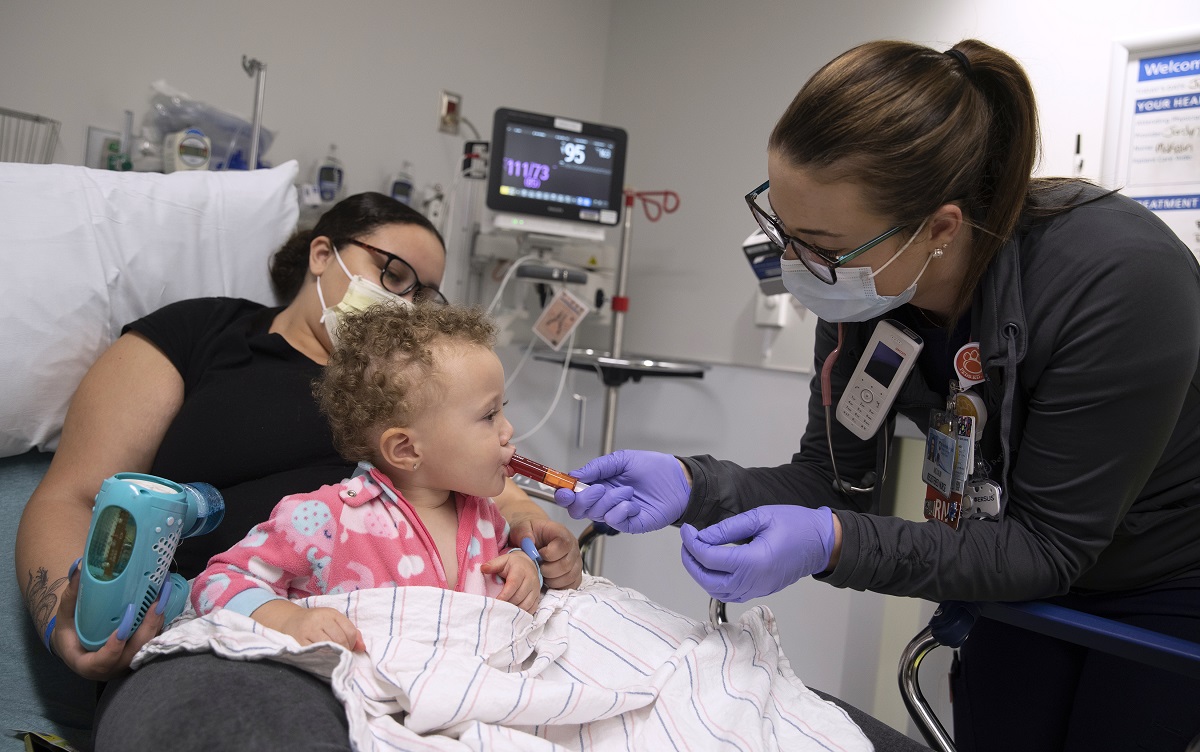Penn State Health Children’s Hospital expands to 24/7 emergency department coverage

Pediatric nurses and a dedicated attending physician will staff the pediatric emergency department at Penn State Health Children’s Hospital 24 hours a day, seven days a week, beginning Thursday, July 1.
Currently, pediatric nurses staff the department 24 hours a day. The general emergency medicine physician covers both adult and pediatric patients between 2 a.m. and 6 a.m.
“We want our patients to receive the same level of expert pediatric care no matter when they visit the emergency department,” said Dr. Kathryn McCans, chief of the Division of Pediatric Emergency Medicine and an attending emergency medicine physician at the Children’s Hospital. “The health system has fully supported making this a 24/7 emergency department, to be there whenever a child needs us.”
Penn State Health Children’s Hospital is the only Level 1 pediatric trauma center in south central Pennsylvania and offers the region’s only emergency department that specializes in care for pediatric patients.
“We’re a pediatric trauma center and a pediatric surgical verified center. We have a congenital heart program. We have a great neurology program. By having our emergency department open 24 hours a day, seven days a week, we’re not only supporting our patients, we’re also supporting our programs that take expert care of them,” McCans said.
Jennifer Lau, nurse manager for the pediatric emergency department, has worked at Penn State Health Milton S. Hershey Medical Center for the past two decades and is excited to see the move to fully 24 hours of dedicated pediatric emergency medicine coverage.
“We’ve been purposefully moving to 24-hour a day coverage for several years for the benefit of all of our patients,” Lau said. “Our exam rooms are designed to be calming for children. We have Child Life and music therapy to help reduce and manage their stress. And our providers are specially trained in how to engage children on their developmental level.”
That training is critically important in an emergency department setting, McCans said, explaining that young children may not have the verbal skills to tell providers what they’re feeling.
“That can be especially problematic in mixed emergency departments, where both adult and pediatric patients are seen,” McCans said. “Children tend to have more resilience, even if they have the same medical problem as an adult. Children can get lost in the mix when the attending physician is being distracted by all the other, more obvious medical issues presented by adults.”
If you're having trouble accessing this content, or would like it in another format, please email the Penn State College of Medicine web department.
